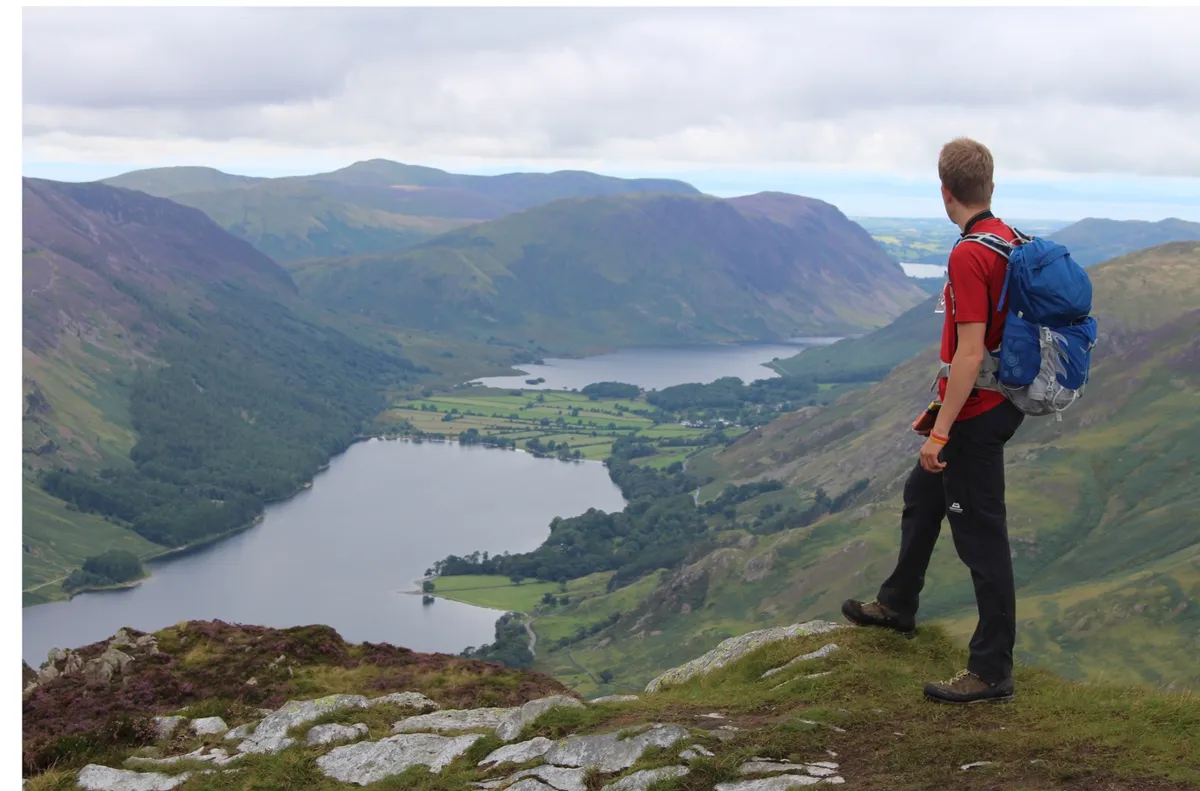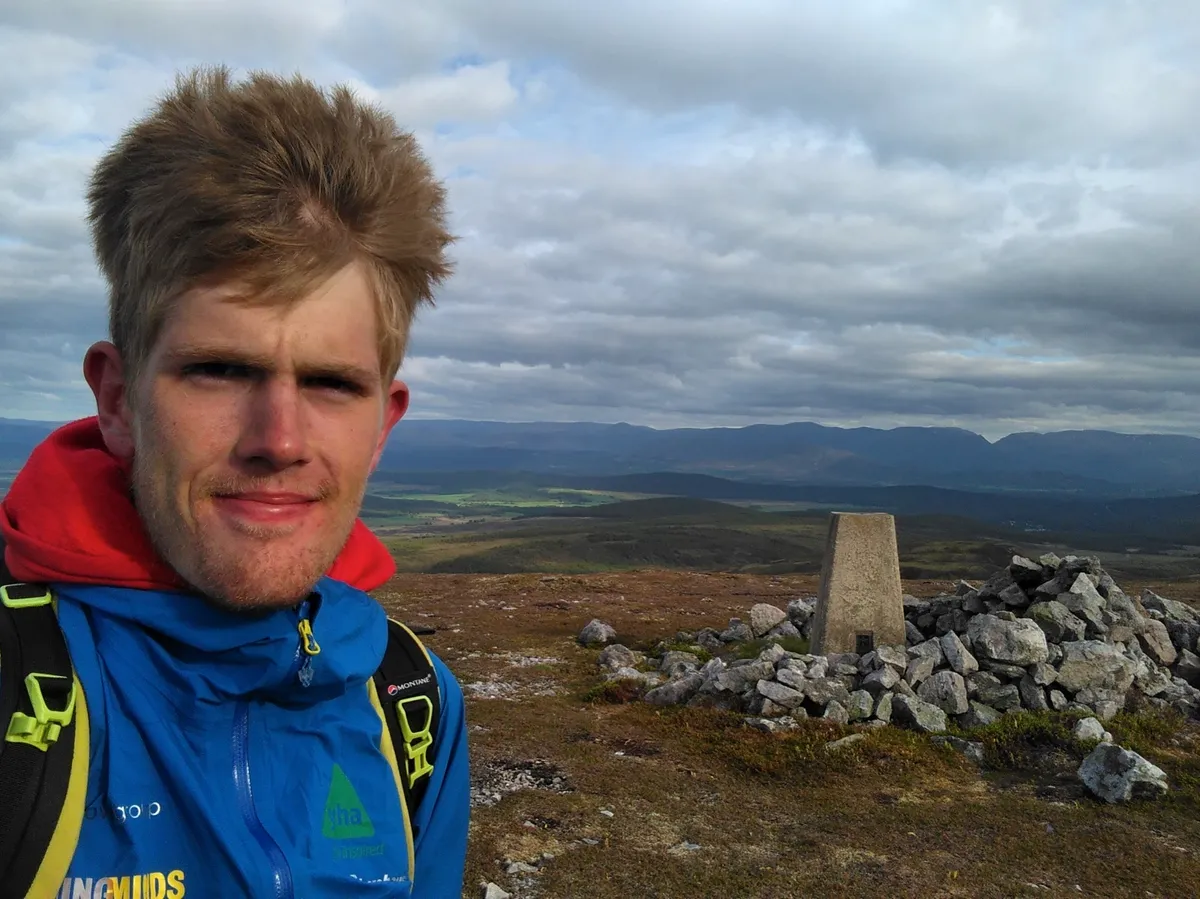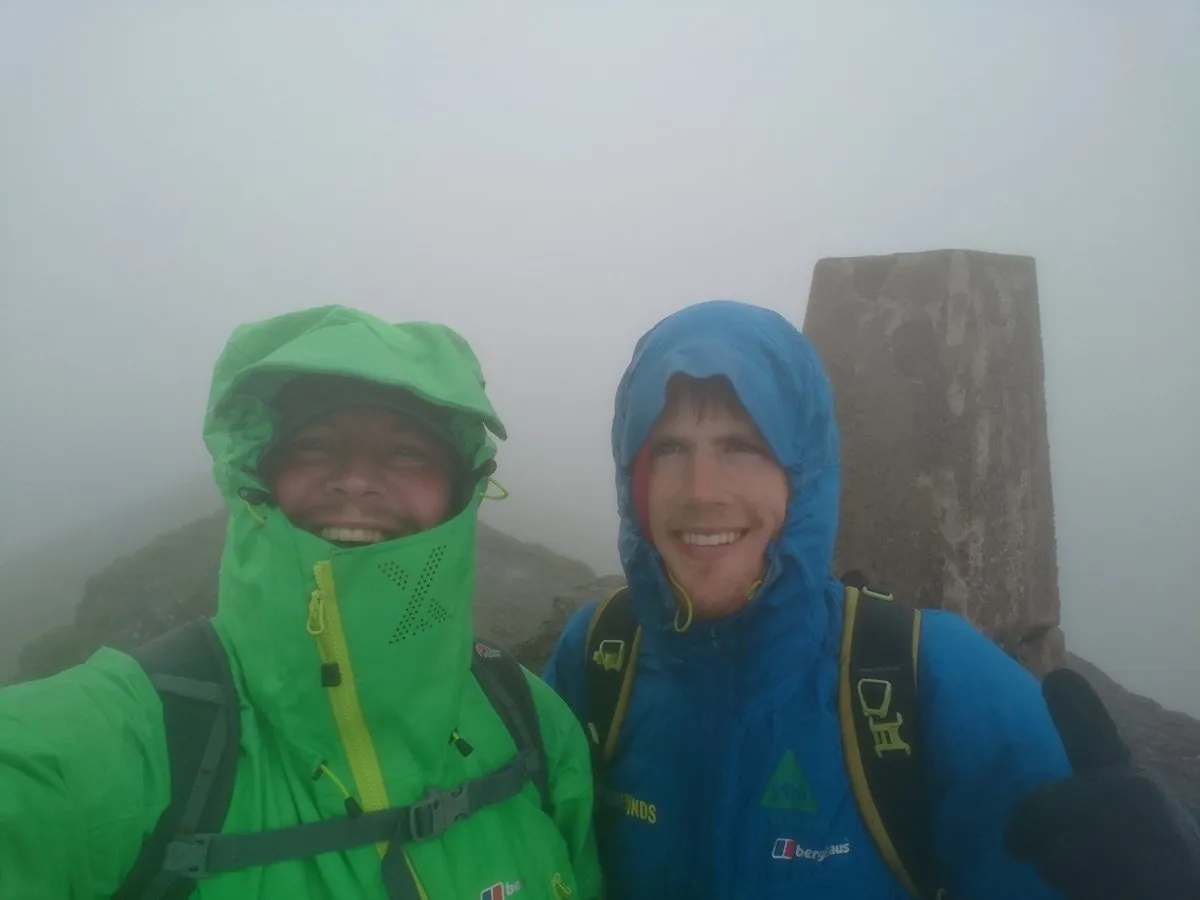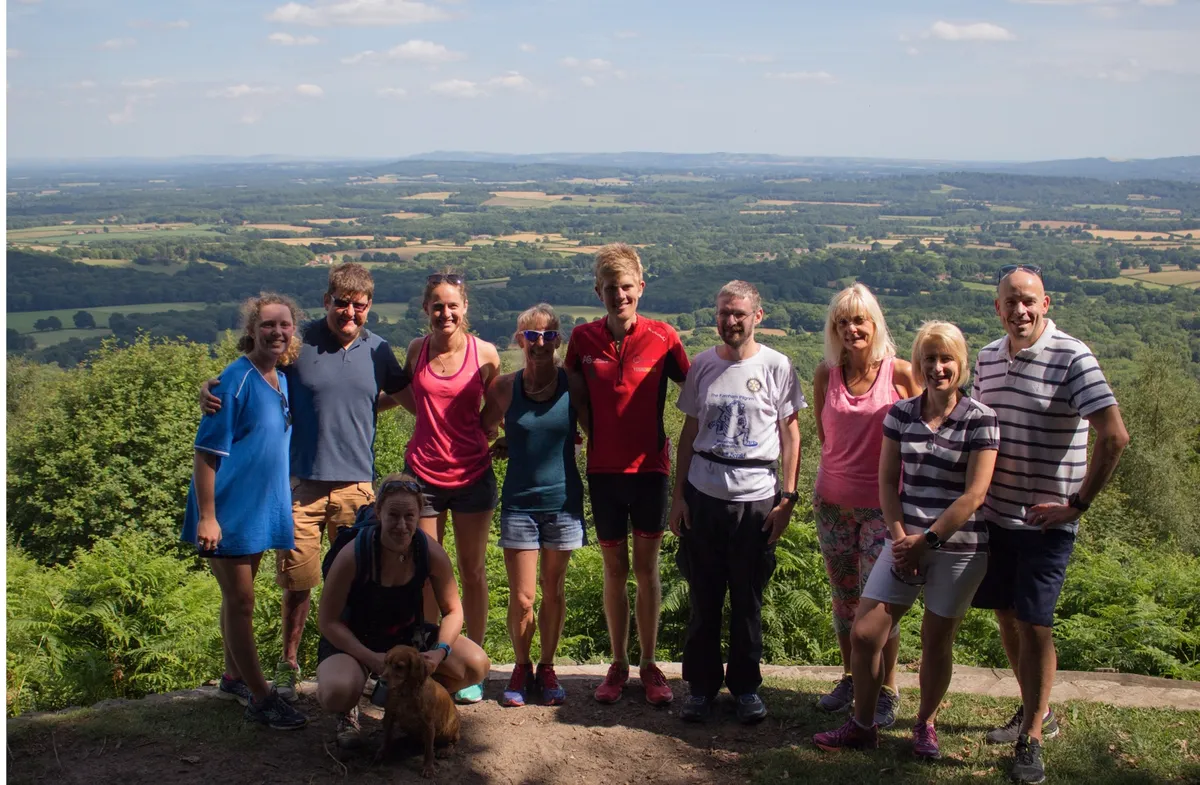Learn more about how being outdoors can have a positive impact on your mental health with expert advice from a seasoned adventurer.
“Take a hike, go for a run, walk the dog, get some fresh air" – these are often the solutions proposed for many of our life challenges. The reality of being outdoors might not match the dreamy, idyllic landscapes plastered over Instagram, and most of us don’t have mountains on our doorstep, but the truth is we can find beauty in the outdoors much closer to home than we think.
Our bodies can’t tell the difference between pounding the treadmill in the gym to Dr Dre, or a leg-burning mountain slope in Snowdonia with the wind tickling our backs. When our bodies feel good, our minds tend to follow. But there’s something about the hills that touches our minds on a different level. Is it simply the fresh air, or something more?

Exercise and being outside is in our nature. Having suffered with mental health – depression, anxiety and an eating disorder – I know how powerful the outdoors can be for keeping our minds healthy. With recent studies showing that one in four adults in the UK now suffer with a mental health condition, the need for natural places is more important than ever to manage the stresses of our hectic lives.
For outdoor therapy or fun, we head out for an escape, an adventure, a challenge; maybe all three. Everyone comes to the hills for their own reasons, from foolhardy fell-runners to families and Sunday plodders. The first mountain to overcome is often taking those first steps – especially when suffering with the lethargy of depression – despite knowing we will feel better afterwards. Packing, planning and travelling to the nearest hills can make staying in bed much more appealing. But once the rucksack is packed, ready to go and calling us from the hallway, the hills give us a reason. They empower us to make a positive choice. We take control.

And we’re off. Breathing harder, we settle into our rhythm. It’s difficult to dwell on negatives when distracted with navigating, footing, keeping fuelled, staying warm – or even cool in the rare event of proper summer weather – as we move towards our goal, be it a mountain, a lower-level circuit, or the pub at the finish. Why does it always look so far away?
The miles pass, the slopes steepen. They pose a challenge. Our body and mind now work together, instead of an exhausting tug of war with depression and anxiety. We are competing with the ground beneath our feet, rather than peers on social media, and the low self-esteem this brings. Our modern world is increasingly connected yet everyone is disconnecting. The hills and valleys are one of the few havens we can lose signal, escaping the mental noise and clutter that stops us seeing the wood for the trees.

No day outdoors is the same. Nature brings unexpected surprises and moments of wonder, where the landscape spans for miles as we stop and look back at how far we have come. Even the miserable rainy days have their place, enduring the discomfort raises our threshold, and we can apply this resilience to our daily mountains at home.
On the summit it all makes sense. Up here, we put our challenges into perspective and find our place in the world. We feel good about ourselves. The self-doubts clinging to our heels all day seem insignificant now and we can ignore them next time. We head back with an appreciation for life, a sense of achievement, and are reminded of how capable we are.

With the rucksack back in the hall and boots on the rack, the buzz of endorphins keeps the balance. We might be tired and aching; but we feel restored and relieved of anxieties and low mood, for now at least. On the days we want to stay in bed, it’s the peaks that make these troughs worthwhile. By getting out the door we are already winning, one step at a time.
Mind over mountains
In May 2018, Alex led Mind Over Mountains, a brand-new impact event in the Lake District. With a group of 27 people, the weekend aimed to promote the benefits of hill-walking for mental wellbeing, with guided walks, NLP coaching, mindfulness and talks based at the remote YHA Skiddaw House, three miles from the nearest road, to truly escape from our hectic modern lives.
Alex Staniforth is an adventurer, endurance athlete and mental health fundraiser. Find out more by visiting his website: www.alexstaniforth.com
